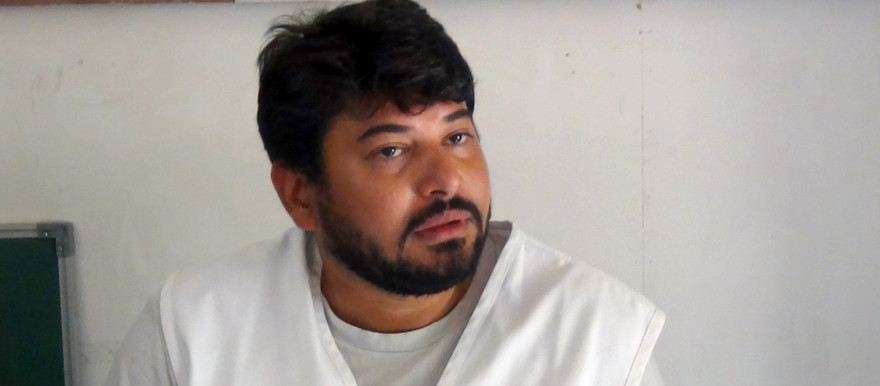Médecins Sans Frontières (MSF) withdraws its team of medical experts from the state hospital in Bor, MSF Field Coordinator Shaukat Muttaqi said on Thursday, March 2.
“MSF is pulling out its medical support from Bor state hospital because we have completed our programme here,” Muttaqi said. “We came here with the objective of capacity building of national staff,” and MSF has witnessed “tremendous improvements” in patient care.
The MSF team, comprising of 10 people, trained 70 medical staff in various disciplines including paediatric care, outpatient consultation, emergencies and surgical care, as well as in running and maintaining the laboratory.
MSF came back to Bor in early 2014 to respond to medical emergencies following heavy clashes between government forces and rebels loyal to former First Vice President Riek Machar.
“Through the course of this intervention, the hospital team was supported to provide 151 surgeries, to consult 1,390 outpatients and to treat 3,415 people in the hospital’s emergency department,” the MSF Field Coordinator said.
Muttaqi added: “8,982 children were vaccinated, 1,802 paediatric patients were treated, and 431 patients were admitted to the hospital’s surgical ward.” MSF also rehabilitated several hospital structures and installed a solar system to provide energy in the hospital.
Bor hospital staff member Majok Arok, praised the MSF training he received, adding that the services will be missed, despite the training. “MSF can leave, but there will be a gap. They used to help in emergencies the state ministry cannot manage,” he said.
Another gap are drugs. Abraham Garang Dau, Storekeeper at Bor hospital, said on Monday, February 27, that the store is almost running out of essential drugs that most patients need.
“When I came to the hospital I stayed for two days without drugs,” said Martha Yar Akech, a patient at Bor hospital. “Now the doctor has prescribed drugs for me that I am told to go and buy outside the hospital.”
The drug shortage is in part due to the failure of the South Sudanese government to follow through on purchasing drugs. Drug procurement has been “handed back to the government, [but] there was little doubt that they would not be able to fill this gap amidst the continued crisis in the country”, wrote MSF’s Joanne Liu in an open letter already in April 2016.
The end of a medical procurement programme, funded by foreign governments, “has now led to unacceptable and devastating outages of drugs throughout the country”, Liu further wrote.
Photo: MSF Field Coordinator Shaukat Muttaqi speaking to journalist in his office in Bor on March 2, 2017. (Radio Tamazuj)




